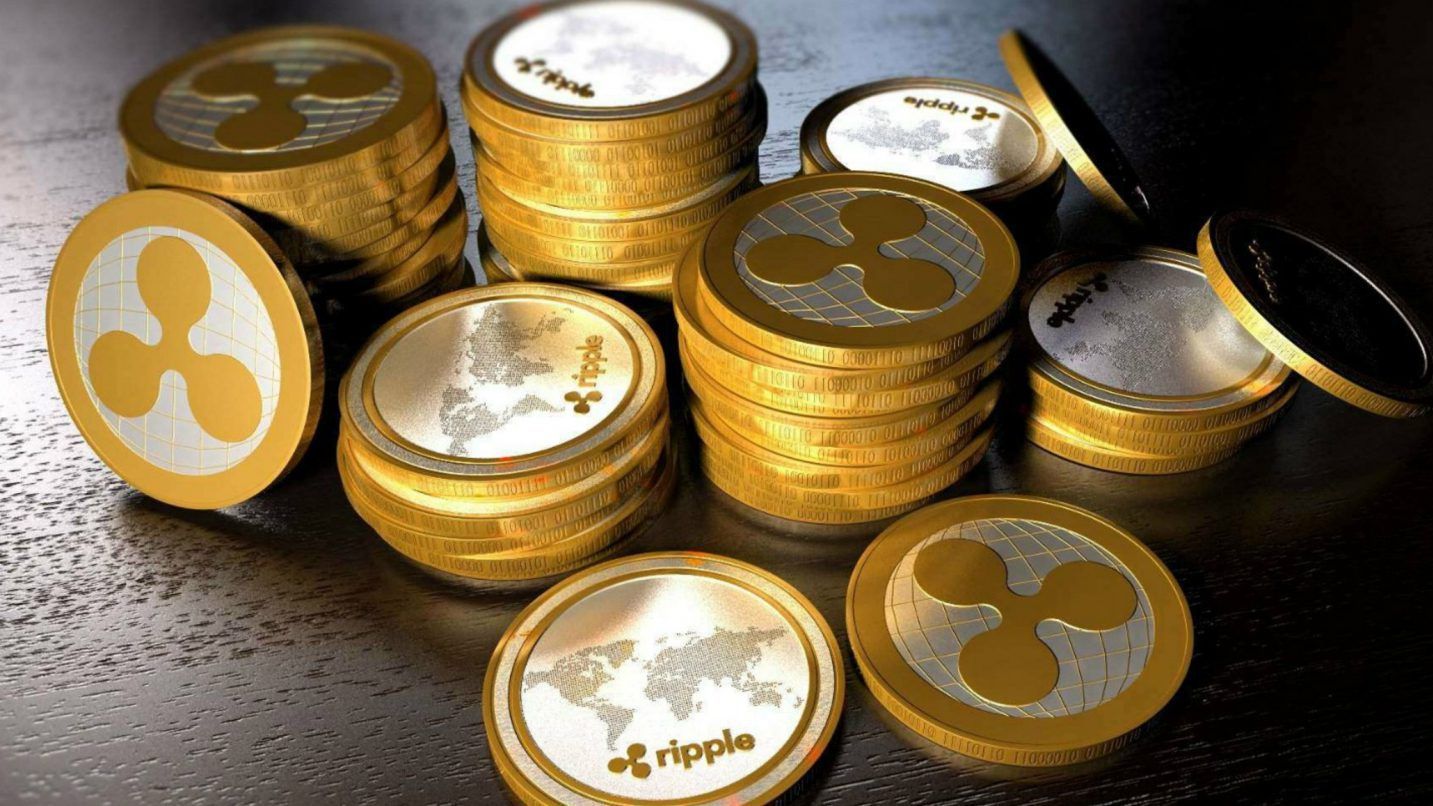

Is Ripple the new Bitcoin?
The new cryptocurrency on the block, can Ripple knock Bitcoin off the big time?
Words: Joseph Bullmore
Ripple is making waves. Perhaps the most divisive cryptocurrency in the most divisive corner of the financial market, Ripple seems to appall and excites investors in equal measure. Dismissed early on as faddy, functionless and outmoded, its unique characteristics and entirely original processes have seen it slowly grow to some stature, culminating in a huge spike in value this year.
Now, as the third largest cryptocurrency worldwide behind Bitcoin and Ethereum, it has inevitably began to invite comparisons to the industry standard. Here’s everything you need to know about the new-ish kid on the blockchain.
At its core, Ripple is a venture startup based in San Francisco which specialises in providing financial settlement solutions (i.e payment and debt-selling) to an increasingly large customer base.
FinTech start-ups usually attempt to provide solutions for banks or disrupt the retail banking sector itself. But Ripple aims to do both. It hopes to provide a viable and more elegant alternative for transferring money, as well as to provide solutions to cross-border activities for the banks’ themselves.
The network that has been built by the start up is a real-time gross settlement system, as well as a currency exchange and a remittance network. Essentially, a vast network of IOUs, not dissimilar to a fiat currency.
Unlike an established monetary system, the Ripple network is not constrained to any one area or territory. It can thus be used by banking institutions to transfer money regardless of geography or borders. As one report notes: “Ripple does for payments what SMTP did for email, which is enable the systems of different financial institutions to communicate directly” – a kind of universal plug converter for financial transactions.
Because Ripple uses a shared ledger to process transactions, assets can move directly and instantly between parties, reducing time and costs. This is a serious selling point for financial institutions, who are signing up to the new system in their droves: over 60 major banks around the world now use it, including Santander, RBC, UBS and UniCredit.
In addition to processing transactions, the ledger holds information, such as buy and sell offers for securities, therefore acting as an exchange. This allows everyday retail customers to complete forex transactions and transfers without incurring expensive fees and spreads.
Ripple uses its own cryptocurrency called XRP on its system. XRP is used as bridge currency if there is no direct exchange between two currencies at a given time. It has now grown to become the third largest of its kind on the global market.
In many ways, Ripple and Bitcoin are pretty similar. Both are decentralized. Both are open-source protocols that are not owned by anyone. Both use algorithms to ensure that their networks come to the same conclusions – i.e if one person authorizes Transaction A, the entire network agrees that Transaction A happened. Both require trust-based relationships to “cash out.” (To redeem Bitcoin/ or XRP in GBP you need a “gateway” company to help you get the money out.) And, at their core, both allow for anonymous, free, peer to peer transactions across the internet.
But there are some significant differences between the two. Bitcoin and Ripple use a different method to reach network consensus. Bitcoin uses Proof-of-Work, which they call mining. Ripple uses an iterative consensus process. This means that Ripple is faster than Bitcoin.
Bitcoin is a decentralized digital currency. Ripple is a decentralized transaction network that contains the digital currency XRP. Furthermore, Bitcoin requires centralized exchanges, whereas the Ripple network acts as a decentralized currency exchange. So if someone wants to sell their XRP for USD they can do that within the network without needing a third party.
Interestingly, Ripple also allows for automated scripts. Some see this as key to its future success. For example, a script might say: if account A does not receive £100 by September the 30th, then the money it received will be automatically returned to the original account. That script alone has just automated the Kickstarter process, for example, without ever needing Kickstarter as an intermediary. The possibilities of scripts like this are almost endless.
In combination, the traits that make Ripple different to Bitcoin are the same ones that make it so exciting to investors.
Ripple has undergone rapid growth in 2017. In March and April, for example, the value rose by 1000% over a 30-day period. And the currency’s value since the start of 2016 to its peak in May this year is a growth of nearly 6500%. In comparison, Bitcoin has seen its value grow by over 700% since the start of 2016 to its peak in June of this year.
August has been just as exciting. On the 23rd of August, the XRP price spiked significantly,, raising its market cap to $11.2bn from $6.6bn the previous day. At the time of writing, the market cap currently sits at around $9.5bn. And it looks like it may be about to jolt apidly upwards for good.
Ripple has benefited from XRP’s adoption amongst big banks who are taking advantage of its fast transaction speed and secure network.
The currency has also benefitted from some well known and respected individuals given it their seal of approval. The company recently met with a group of bankers, academics and industry influencers to both discuss cooperation between China and the US over the development of digital currencies.
These meeting have significantly bolstered the currency’s value. And Ripple are planning on using this reputation-rubbing trick again: the company recently invited Anja Manuel, an official from the US State Department, on to their board of directors. And they’re also hodling a landmark event in mid-October where Sir Tim Berners-Lee and Dr Ben Bernanke, ex-chairman of the Fed, will talk. These kind of names make everyday investors – not to mention international institutions – sit up and listen.
Perhaps most fundamental to the coin’s success is the established flaws in Bitcoin, its predecessor. Though Bitcoin has always had the first mover advantage, the currency’s recent forks may push investors to move their funds towards a more reliable cryptocurrency – and Ripple, with its host of big name and bigger money endorsements, could be just that. Perhaps it’s time to take a dip in the pool?


